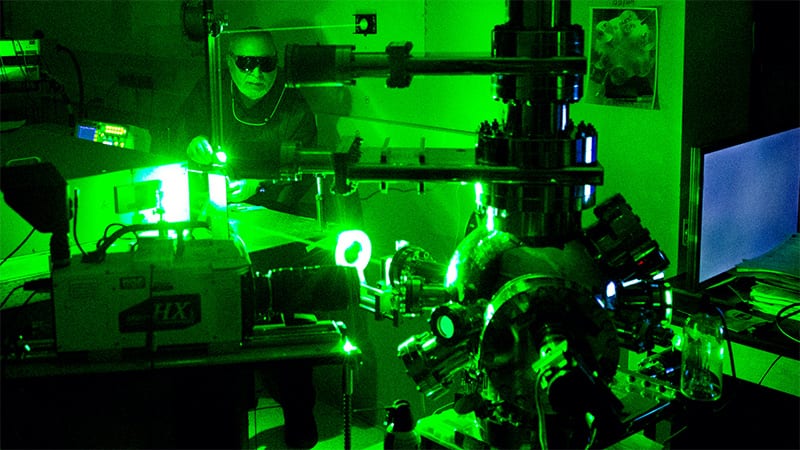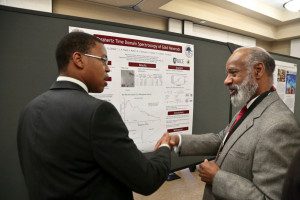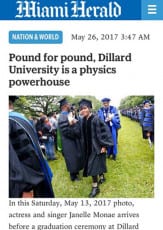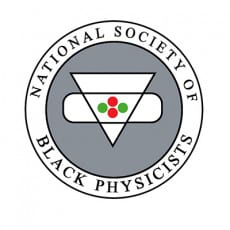Delve Into the Secrets of the Universe With Physics

Physicists work to unlock the secrets of mechanics and motion, from the tiniest subatomic particles to the celestial bodies of the universe. The discipline has changed dramatically over the centuries and has led to many of the most important technological breakthroughs in human history. If you’re interested in this fascinating and significant field, read on to learn more about the progression of physics, why your voice as a physicist matters, and how you can launch a successful career in physics today.
The Importance of Diversity in Physics
The field of physics has been historically dominated by a homogeneous group, which has inadvertently limited the scope and breadth of scientific inquiry. Diversity in physics — as in all realms of science — is of paramount importance. It fosters an inclusive environment that brings together a multitude of perspectives, ideas, and approaches to solving complex problems. It is through the contribution and consideration of diverse voices that physics can truly advance, addressing a wider array of challenges and questions that reflect the varied experiences and insights of the global community.
In particular, the inclusion of Black voices in physics is essential in breaking down the barriers of racial underrepresentation and fostering equity within the scientific community. Black physicists bring unique perspectives and innovative ideas that contribute significantly to the advancement of the field. Their presence challenges the status quo, inspires future generations of Black scientists, and helps in addressing systemic inequities that have long existed within academic and research institutions. Elevating Black voices in physics is both a matter of social justice and a crucial catalyst for scientific progress.
Read on to find out more about physics and see how you can pursue a future in the field. Or, donate today to help support student achievement in physics and beyond.
After the Supreme Court ruling on affirmative action, diversity is more crucial than ever in every field, from physics to fashion. Click here to donate to UNCF to support our vital work and the future of American students.

Morehouse College
Physics for the Future
Physics is driving some of the most exciting and transformative trends of our time, ensuring its continued importance in shaping the future. Breakthroughs in quantum mechanics and quantum computing are revolutionizing technology, while advancements in particle physics and astrophysics deepen our understanding of the universe. Emerging fields like nanotechnology, renewable energy systems, and fusion power highlight how physics is key to tackling critical global challenges, including climate change and sustainable development. From healthcare technologies to space exploration, physics continues to cover new ground, offering limitless opportunities for innovation.
The outlook for careers in physics is equally promising. The Bureau of Labor Statistics reports that “overall employment of physicists and astronomers is projected to grow 7 percent from 2023 to 2033, faster than the average for all occupations.” With growing demand for physicists in industries such as renewable energy, artificial intelligence, aerospace, and advanced materials, the field offers a diverse range of rewarding career paths. Physicists are highly sought after for their problem-solving and analytical skills, which are invaluable across research, engineering, and technology development. As new discoveries and applications emerge, physics will remain at the forefront of global progress, making it an exciting and impactful field for future generations.
Getting Started in Physics
Before deciding to major in physics, it’s good to survey the field and identify the sub-disciplines that interest you. While not all physics programs will emphasize these branches, you can pursue them in later graduate or professional study. Some popular branches of physics include:
- Mechanics: Mechanics refers to the study of motion. It dominated the field of physics in the early modern period, and remains a popular and relevant subject today.
- Astrophysics: This branch of physics takes knowledge from astronomy to study the nature and movement of celestial bodies and the entities in the broader universe. Astrophysicists push the boundaries of our existing knowledge of space, time, and matter.
- Electromagnetism: Electromagnetic physics focuses on electromagnetic fields and their interactions with matter. It encompasses the study of electric fields, magnetic fields, electromagnetic waves, and their interrelation. This field of physics underpins a multitude of technologies that are integral to our modern lives — such as electricity, telecommunications, and medical imaging — while also providing the framework for exploring the fundamental forces and particles of the universe.
- Quantum Mechanics: Since the discovery of atomic particles, physicists have sought to understand the nature of matter’s smallest forms. Quantum mechanics is concerned with the study of atomic and subatomic particles, namely, understanding their components and how these particles work and move.
Whatever your interest, students who plan to pursue careers in this field will need to enroll in a bachelor’s degree program in physics. Such programs include a wide range of related course subjects, such as:
- General physics
- Modern atomic physics
- Thermodynamics
- Mechanics
- Optics
- Differential equations
- Electricity and magnetism
- Fundamentals of inorganic chemistry
- Algorithmic processes for computers
- Analysis
Careers in Physics
Graduates in this field may pursue careers in a wide variety of capacities. Some of these include:
- Data analyst
- Teacher or professor
- Lab technician
- Research associate
- Applications engineer
- Laser engineer
- Systems analyst
- Accelerator operator
- Software developer
- Optical engineer
Want to learn more about physics as a possible major or career path? Have questions about which UNCF colleges and universities offer this program? Looking for help with financing this degree?
Click Here so We can Help You!
How to Prepare for Success
All physicists need to have some basic, foundational understanding of chemistry, math, and statistics as well as science. Students should have natural curiosity and investigative skills; they should be analytical thinkers and skilled at solving complex problems. Consider taking advanced placement courses in math and science disciplines, and look for opportunities to explore physics-related fields, such as astronomy, chemistry, and biology.
UNCF Schools to Consider

These UNCF-member schools offer programs for students wishing to work in the field of physics, including:
- Tuskegee University
- Spelman College
- Xavier University of Louisiana
- Clark Atlanta University
- Virginia Union University
- Tougaloo College
- Morehouse College
- Fisk University
- Dillard University
- Benedict College
- Wilberforce University
- Lane College
Professional Organizations

There are many organizations in various fields of physics that can offer more insight into working in those fields. A sample list includes:
- American Association of Physics Teachers (AAPT)
- American Institute of Physics (AIP)
- American Physical Society (APS)
- CERN (European Organization for Nuclear Research)
- National Society of Black Physicists (NSBP)
- American Association for Physicists in Medicine (AAPM)
- International Centre for Theoretical Physics (ICTP)
- US National Science Foundation (NSF)
- Max Planck Institut für Plasmaphysik (IPP)
Scholarships Available
There’s no better way to start on your path to a successful career in physics than with a solid financial foundation. Fortunately, many scholarships are available through UNCF, including some specifically for physics majors. Keep an eye on the UNCF website for current scholarship opportunities and announcements.
Search for specific scholarships and view those that are currently accepting applications here! Students should also check with each college or university to see if there are additional scholarships available to study physics.
As you explore your options, be sure to use our guide to applying for scholarships and grants. You can also receive guidance by submitting a major interest form if you are interested in a career in physics. Submit the form on our website to get started. And follow us on UNCF social media channels to receive notifications about our scholarships and member HBCUs. Reach out today!
You can also show your support for students pursuing careers and furthering equity in physics by making a contribution to UNCF member schools. Education is the greatest tool we have in creating a just and equitable society in which economic mobility is available to all. Help us achieve this future by donating today!